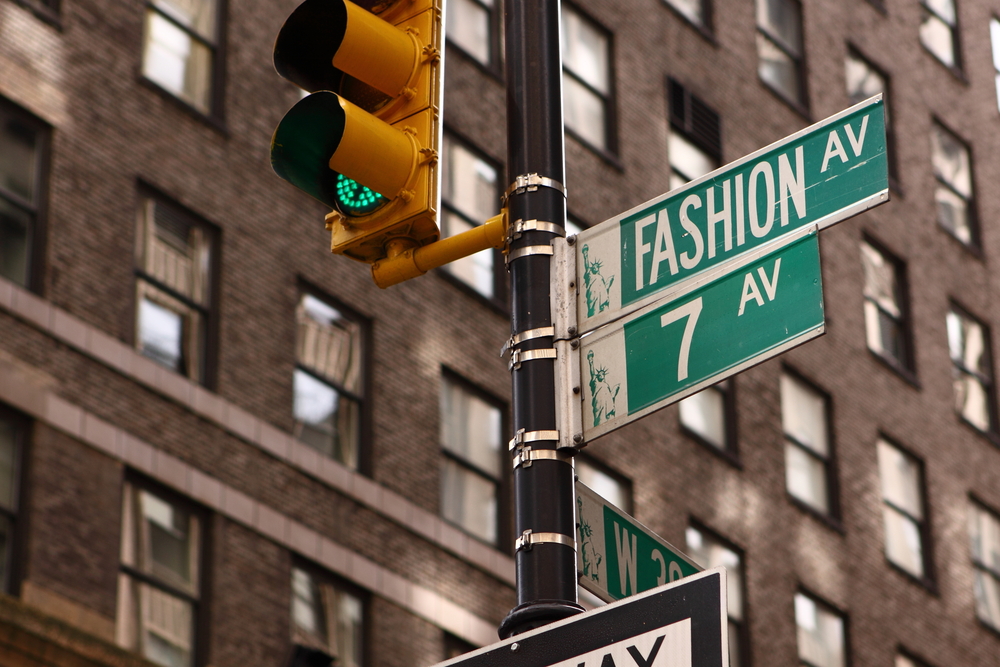
DETROIT – When it comes to Detroit, much of the attention and investment has gone to downtown, Midtown, Corktown and even Mexicantown.
But one area coming back on its own terms and with a little less fanfare belongs to part of “Uptown,” specifically, a stretch of Livernois Avenue called the “Avenue of Fashion.”
The commercial district running along Livernois on the city’s northwest side became known by that elegant moniker from the 1950s to the ‘70s, when the street was hopping with shoppers and destination retailers such as B. Siegel Co. and other high-end shops. The surrounding area remains one of Detroit’s most stable, flanked by universities and historic, attractive neighbourhoods, but the avenue lost its flair as merchants closed or moved to suburbs and malls.
While revitalization has been under way for several years, there’s now a focused effort to capitalize on its past without duplicating it. The tree-lined boulevard seeks its own distinctive vibe through one-of-a-kind apparel shops, restaurants and three art galleries, within a broader revival of Uptown.
“We spend an awful lot of time with downtown Detroit, we spend an awful lot of time with Midtown. I think it’s time to spend some time with Uptown,” Wayne County Executive Warren Evans said recently as he launched an effort to install 160 LED lights in front of and behind shops, alleys and parking lots along Livernois. The lights are paid for by an economic development grant and supplement light poles installed on the avenue.
“We’ve been through some tough times in this city. It’s time for neighbourhoods – healthy neighbourhoods like this one – to get some support and help,” he said.
Installing lighting to boost visibility and security might not warrant a big news conference elsewhere, but Detroit’s public and private sectors struggled for a long time to make such improvements or even provide basic services. While much work remains, many things, including lighting, have improved since the city exited bankruptcy a year ago.
It’s not lost on C. Grantston Bullard, whose business, CGB Design Studio, received the first exterior light. The owner of the luxury leather and fur shop said he met Evans at a business event and the political leader asked Bullard how he could help business.
“I said, ‘Well, Mr. E., here it gets pitch black at night. We have no lighting whatsoever,’” Bullard recalled telling Evans. “My demographic is (women) 35 to 65, and they come with their kids… He said he was going to see what he could do about it.”
Bullard credits his decision to bring his studio and boutique to the Avenue of Fashion to Rufus Bartell, owner of a “lifestyle clothing store” on the street called Simply Casual. Bartell estimates he’s helped persuade nearly 20 businesses to open, relocate or expand on Livernois.
“When I came here 12 years ago… one of my goals was to get the bars off the windows, be able to drive traffic, drive value and recruit other businesses,” Bartell said, adding he keeps business development going through a pop-up shop that allows entrepreneurs to test their products or services. “The history of the avenue is well-documented. However, I’m more concerned with what’s next.”
The current mix includes popular restaurants such as a Kuzzo’s Chicken & Waffles, a Bartell family operation, and 1917 American Bistro – named for the year the surrounding Sherwood Forest neighbourhood was established.
“This neighbourhood is actually the heartbeat of the city,” said Don Studvent, 1917’s chef and proprietor. “We have more black-owned businesses just in this part of the city – more than any other neighbourhood.”
Lolita Haley, a real estate agent and program manager of the University Commons community development organization, said success can be sustained without the big names and big checks focused a few miles to the southeast – provided that businesses keep helping each other and surrounding residents support them.
“We always appreciate and welcome philanthropy, but I don’t want that to be end goal because I know no white horse is getting ready to ride through here,” Haley said. “Look at the demise of the neighbourhood… if you don’t do something yourself. You’ve got to do what you can today.”